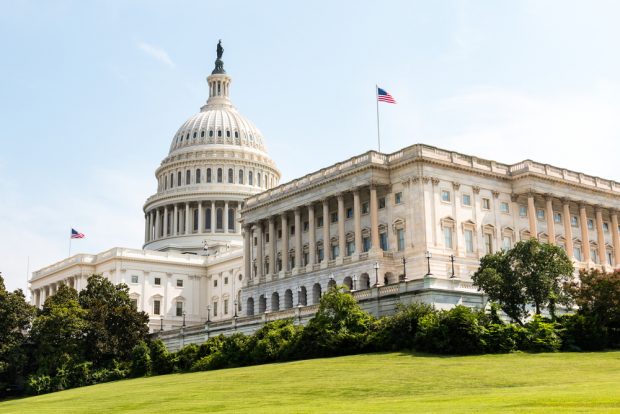 Source: Shutterstock.
Source: Shutterstock.
Financial trade groups last week urged House-Senate conferees to include updated anti-money laundering legislation to the annual defense authorization bill — one of the last measures that members of Congress consider as a must-pass bill.
"All of the bad actors we work to hold accountable have adopted increasingly sophisticated methods for laundering money — yet every one of them relies on secrecy as a common feature of their schemes," the groups, including NAFCU, banking trade groups and several government watchdog groups, wrote in a letter to leaders of congressional Armed Services Committees.
Recommended For You
CUNA sent its own letter in July, making similar arguments.
The House-passed massive defense bill includes a provision that would require companies to disclose their beneficial owners at the time the company is formed. The information would be maintained by the Financial Crimes Information Network and would only be available to law enforcement.
The groups noted that the U.S. has not updated its anti-money laundering laws in 20 years and advocates have said the outdated rules result in significant gaps in enforcement.
"Each of us regularly witnesses the devastation caused by the abuse of anonymous companies," the groups said. They added, "Financial services companies, who work to protect not only their own institutions, but the broader U.S. financial system from abuse by the criminal and corrupt."
Congress will not consider the defense bill until it returns for a lame duck session after the election.
Some business advocates oppose including the anti-money laundering provisions in the defense bill.
"Small businesses aren't the same as big corporations," Annie Spilman, Texas state director at the National Federation of Independent Business, wrote in a recent op-ed for a Texas newspaper. "They don't have teams of lawyers, compliance officers and accountants to fill out reams of government documents and keep up with the latest government mandates."
The anti-money laundering provision is not the only priority issue for credit union trade groups in the defense bill. The Senate version of the defense bill contains a provision that would allow banks to have the same free rent benefits that credit unions now have on military bases. The House bill does not have a similar provision.
The fight over that provision is an annual battle when Congress considers the defense authorization measure. Banking groups contend that they are seeking parity on military bases. Credit union trade groups have said that allowing for-profit banks to have the free-rent benefit would open military bases for myriad requests from other types of businesses to have the same privilege.
© Touchpoint Markets, All Rights Reserved. Request academic re-use from www.copyright.com. All other uses, submit a request to [email protected]. For more inforrmation visit Asset & Logo Licensing.






